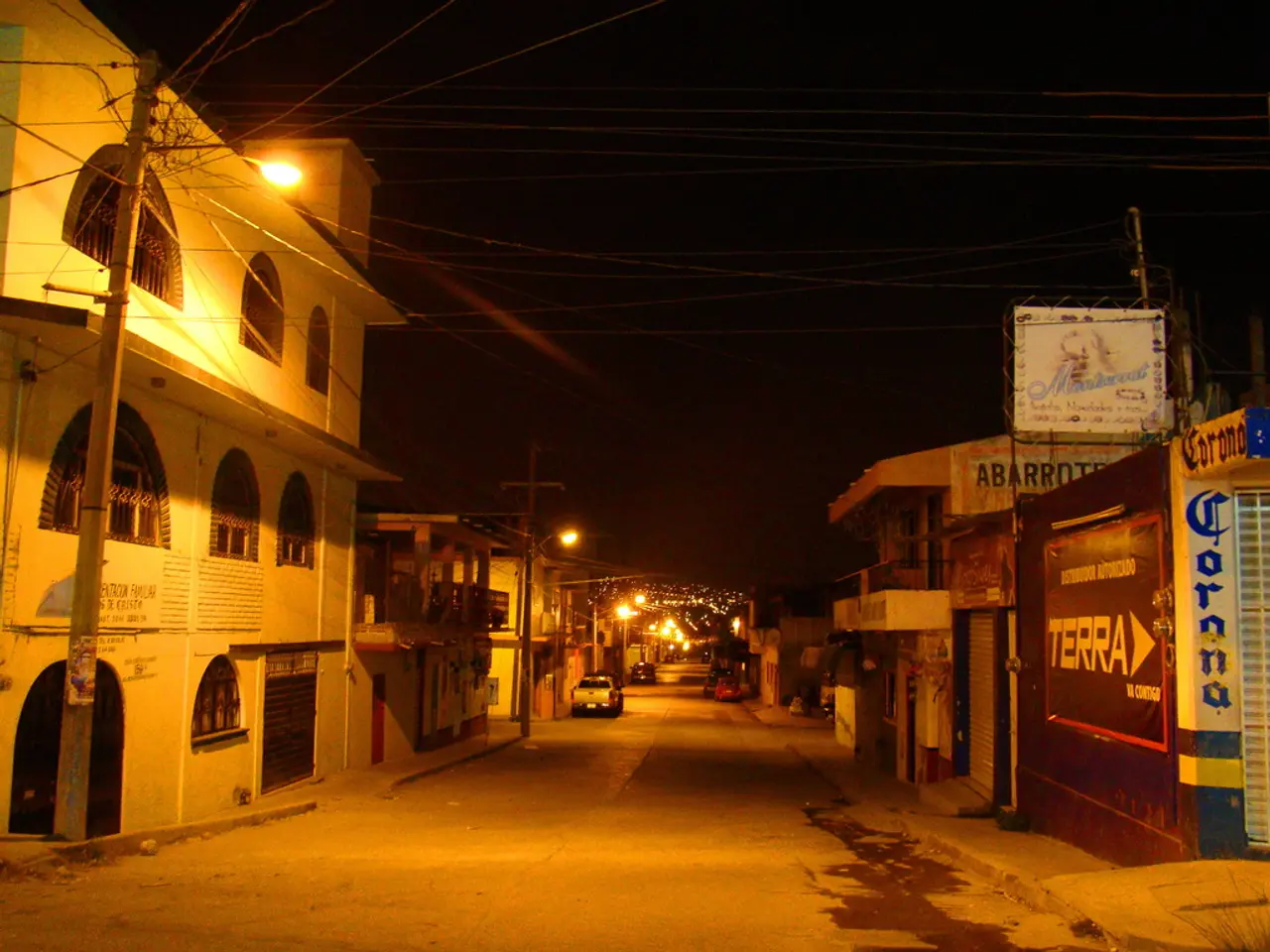Citizen Power
In the heart of Europe, a student-led initiative named BürgerEnergie Berlin is making waves in the city's energy sector. The group, founded by 29-year-old activist Luise Neumann-Cosel in response to the privatization of the power grid, aims to buy the city's power grid back from the private sector and green it, returning the power to the people.
Since its inception in 2012, Neumann-Cosel and her team have been working tirelessly to achieve this goal. The group boasts an impressive advisory board and a savvy PR team, and has managed to raise over 11 million euros from Berliners, inviting them to become members with an investment of as little as one euro.
The regulatory framework for energy co-operatives in Germany is national and advantageous. It pushes for greener energy, more decentralized energy, and greater citizen participation and control. This supportive environment has led to a significant increase in the number of energy co-operatives in Germany. Between 2008 and 2013, the number of such co-operatives increased sixfold.
BürgerEnergie Berlin's goal is not unique in Germany. The Renewable Energy Act of 2000 has led to a huge uptake of renewable energy, with much of it by collectives. As a result, today, a third of all electricity generated in Germany comes from renewable sources, mainly wind and solar, and half of that capacity is in citizens' hands.
However, the process of auctioning the power grid has been stagnated since 2014. The city has been refining its catalogue of criteria and negotiating with each contender behind closed doors, causing delays and uncertainty. The current operator, Vattenfall, a Swedish energy giant, has been in charge for the past two decades.
The group's efforts have not gone unnoticed. A group from Japan visited Luise Neumann-Cosel to learn about BürgerEnergie Berlin, seeking post-Fukushima inspiration. The initiative's success is also attracting attention from Canada, where energy co-operatives are typically rural, small in scale, and subject to provincial legislation.
The co-operative model for energy distribution is gaining traction globally, with countries like Germany leading the way. Brett Fairbairn, director of the Centre for the Study of Co-operatives, attributes Germany's leadership in renewable energy to a unique interplay of grassroots activism and high-level policy.
As of now, the status of BürgerEnergie Berlin's bid to purchase and green the municipal power grid in Berlin is not documented in the latest search results. More specific and up-to-date sources would be necessary to provide an accurate update on the group's progress.
Despite the challenges, BürgerEnergie Berlin remains committed to its mission. The group's efforts highlight the potential for citizens to take control of their energy future and pave the way for a more sustainable and democratic energy system.
- BurgerEnergie Berlin, a student-led initiative in Germany, is working to buy the city's power grid back from the private sector and make it greener, with the aim of returning power to the people.
- The Renewable Energy Act of 2000 in Germany has led to a significant increase in renewable energy use, with a third of all electricity now generated from renewable sources, mainly wind and solar.
- Despite delays in the auctioning process of the power grid, BurgerEnergie Berlin's goal is not unique in Germany, as many energy co-operatives are working towards a more sustainable and decentralized energy system.
- BurgerEnergie Berlin's efforts have garnered international attention, with groups from Japan and Canada seeking inspiration and learning from their success in the energy sector.
- The co-operative model for energy distribution is gaining traction globally, with countries like Germany leading the way in renewable energy due to a unique interplay of grassroots activism and high-level policy.
- The persistence of BurgerEnergie Berlin highlights the potential for citizens to take control of their energy future and pave the way for a more sustainable and democratic energy system, with implications spanning the fields of climate-change, environmental-science, policy-and-legislation, politics, general-news, lifestyle, home-and-garden, finance, and industry.




